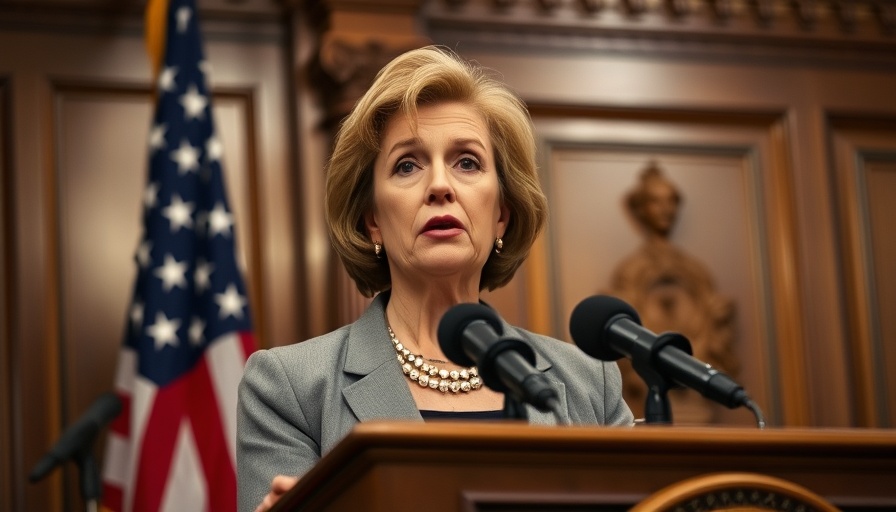
New York Takes a Stand Against AI Risks
In a landmark move, New York state lawmakers have passed the RAISE Act, which aims to safeguard against potentially catastrophic outcomes that could arise from the unchecked development of artificial intelligence (AI). The bill focuses particularly on frontier AI models created by major players in the tech industry, such as OpenAI, Google, and Anthropic, and it addresses scenarios where AI-related incidents could result in significant human casualties or financial damages exceeding $1 billion.
The Momentum for AI Safety
This legislation represents a crucial step for the AI safety movement, which has faced obstacles in the past amid a rush for innovation. Proponents of the RAISE Act, including AI pioneers like Geoffrey Hinton and Yoshua Bengio, emphasize the need for stringent regulations as AI technologies evolve at an unprecedented pace. The bill sets out to establish the first legally mandated transparency standards for AI labs in the United States, a much-needed framework that could help mitigate future risks.
Key Provisions of the RAISE Act
The RAISE Act requires that the largest AI laboratories publish detailed reports on the safety and security of their models and report any dangerous incidents related to their technologies. The significance of this move cannot be overstated, especially given the critical implications for industries like healthcare, where AI is increasingly utilized for diagnostics and treatment plans. Failure to comply with these standards could lead to civil penalties up to $30 million, thus compelling companies to prioritize safety alongside innovation.
Comparison with Previous Legislation
Notably, the RAISE Act has been crafted to address the shortcomings of California’s recently vetoed AI safety bill, SB 1047. New York state Senator Andrew Gounardes, a co-sponsor, has assured that this legislation has been tailored not to stifle innovation, appealing to both tech startups and academic research sectors. As AI continues to permeate sensitive areas such as healthcare, establishing protective barriers while fostering innovation is critical.
Potential Impact on Healthcare Technologies
The implications of the RAISE Act for healthcare IT professionals are profound. As AI applications increasingly become integral to healthcare, the introduction of these regulations could redefine standards around transparency and accountability. For CIOs and IT managers in hospitals and clinics, awareness and preparation for compliance will become paramount as AI technologies advance.
Future of AI Regulation in Healthcare
Looking ahead, the RAISE Act could ignite a broader discussion on AI regulations nationwide, potentially influencing how healthcare providers deploy AI technologies. Ensuring that these innovations are safe, effective, and ethically managed will be essential to maintaining public trust and advancing healthcare solutions.
 Add Row
Add Row  Add
Add 




Write A Comment